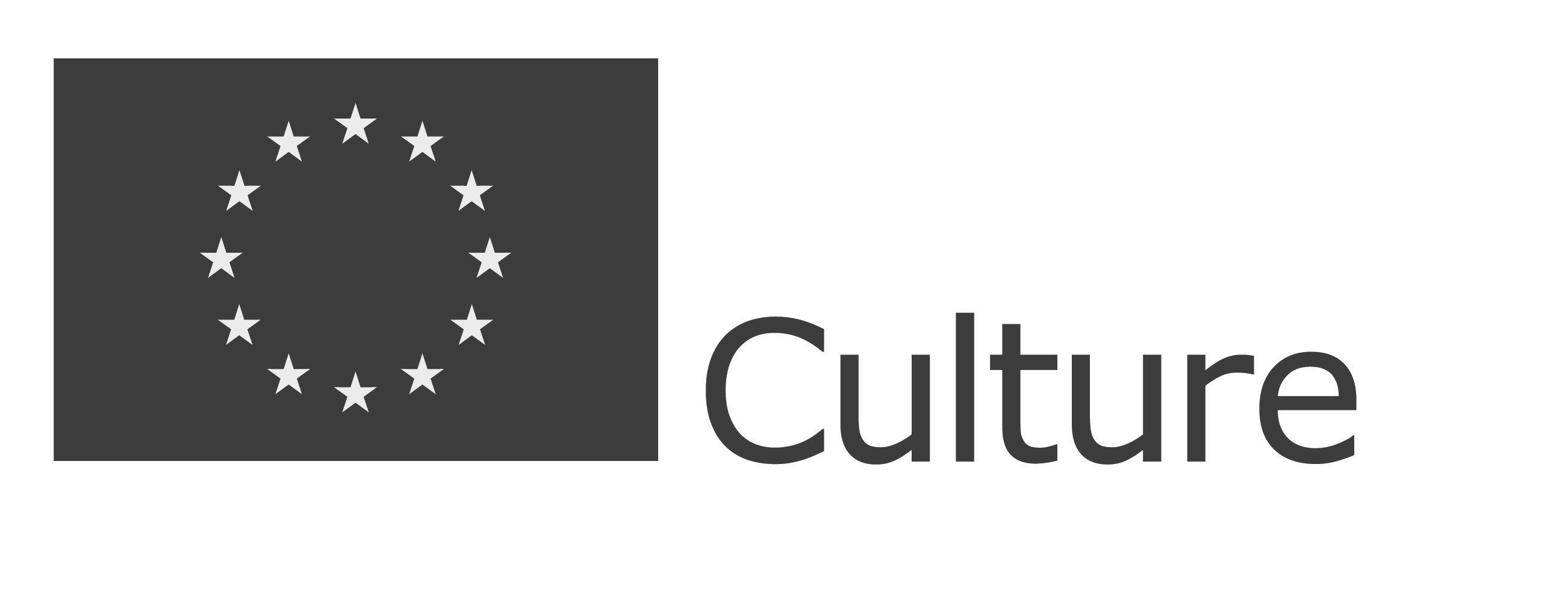Partners
The Digital Arts Department is situated within the Institute Fine Arts and Media Art of the University of Applied Arts Vienna. It is a place of artistic education and research that opens up new fields of practice to explore changes in our perception and understanding of reality, which are induced by media technology. The work field of digital art is diversified: convergence of the media photography, film, video, computer; history and theory of media art; from cognitive theory to programming languages; from artificial intelligence to the synthesis of image and sound; from media architecture to virtual reality, interactive installation, motion projection, sonification, spacial sound, generative music, robotics, performances, net art; physical computing, wearable art, pervasive gaming, ubiquitous mobile interfaces, interventions in the public space of electronic and social networks, game engines in artistic production; cross-media interface design; algorithmic design as a design method; and testing artistic production methods through collaborative work.
www.digitalekunst.ac.at

i-DAT is a research group that acts as a catalyst for creative innovation across the fields ofa, science and technology, facilitating regional, national and international collaborations and cultural projects. As a networked organisation and ‘cultural broker’ i-DAT’s transdisciplinary agenda fosters ‘open innovation’ and knowledge exchange between companies, institutions, communities and individuals. i-DAT is developing new ‘tools’ for production, dissemination and participation that challenge traditional models of creation and consumption, and embrace the shifting relationships between audiences and cultural producers. I-DAT is located within the Faculty of Arts at Plymouth University.
http://i-dat.org/

Founded in 2001, Trans-Media Academy Hellerau is a Dresden based non profit association for interdisciplinary research on theoretical and practical level focused on how new technologies influence human body, behaviour and creative expression. Main activities of the organization are based on two pillars, TMA laboratory (TMA lab) projects on the one side and CYNETART festival on the other. The focal point of TMA lab is media education, reflection on media and interactive media art practice. Its philosophy is to create and provide space for creative exchange and coproduction in the field of arts based on new technologies. CYNETART festival is an international high-level festival for computer based arts and interdisciplinary media projects, aiming to engage festival audience and artists in participatory experiments.
http://t-m-a.de/

Founded in 1996, NTLAB operates within the Faculty of Communication and Media Studies of the National and Kapodistrian University of Athens. Its main aim is to rigorously and systematically research the Greek and the International communication and culture landscape in conjunction with recent advances in computing, interaction, and new media technologies. Toward this goal, NTLAB undertakes basic and applied research, coordinates postgraduate courses, seminars, and programs, and collaborates with research institutes in Greece and abroad. It also organizes lectures, courses, and conferences in the field of communication and culture, contributes in the edition of journals and set-up of digital media, and production of educational software.
http://www2.media.uoa.gr/main/eng/labs/new_tech_lab.html

Founded in 1996, the SAT is a transdisciplinary center dedicated to research and creation, production, education, and the dissemination of digital culture. The SAT brings researchers and creative communities together via its productions, prototypes, programs, publications, educational programs and public exchanges as a transfer of knowledge. Since its inception, the SAT has hosted, produced over 1700 new media events that have linked more than 8000 artists, many of whom have gone on to enjoy careers nationally and internationally. Thus, access to innovative high bandwith networks has helped establish the SAT as a connected and collective infrastructure. The SAT is the first 'Living Lab' of North America as a member of the European Network of Living Labs.
https://sat.qc.ca/

kondition pluriel is an interdisciplinary digital performance group founded by Marie-Claude Poulin and Martin Kusch in 2000. Integrating dance and digital arts, the artists generate a language outside of established disciplines, creating ground-breaking, exceptional experiences at the intersection of installation and live performance. Using a wide range of cutting-edge tech tools, the group has created ambulatory installations in which dancing bodies interact with real time media; telematic experiences for one spectator; immersive performances including culinary tastings; and urban performances integrating GPS guides. These works have been presented worldwide, amongst others: Dance Umbrella, London; Itau Cultural Centre, São Paulo; Festival Transmediale, Berlin; ZKM, Karlsruhe; ISEA; Bains Numériques, Enghien-les-Bains; CynetArt, Dresden; EMPAC, Troy; and MuseumsQuartier, Vienna. With their multisensory creation featuring fourteen live performers, Intérieur, kondition pluriel inaugurated the Satosphere in October 2011.
http://www.konditionpluriel.org/

The Laboratoire des Nouvelles Technologies de l’Image, du Son et de la Scène (LANTISS) is situated at Laval University in Quebec. The main objective of LANTISS is the support of the creation and the advanced research into stage technologies, the development of languages and the perceptions generated by the use of new technologies in the scenic space. The LANTISS is as much a physical space – multifunctional room and research studios – as a structure, which manages a fleet of highly specialized mobile equipment in connection with the technological stage. The infrastructure is based on the close links between the University and the active creative community in research in new technologies of scene.
http://www.lantiss.ulaval.ca/
With support of

The project E / M / D / L has been co-funded by the European Union (Culture Programme 2007 - 2013).
eacea.ec.europa.eu

E / M / D / L was made possible by the financial support of the Conseil des arts et des lettres du Québec.
calq.gouv.qc.ca
